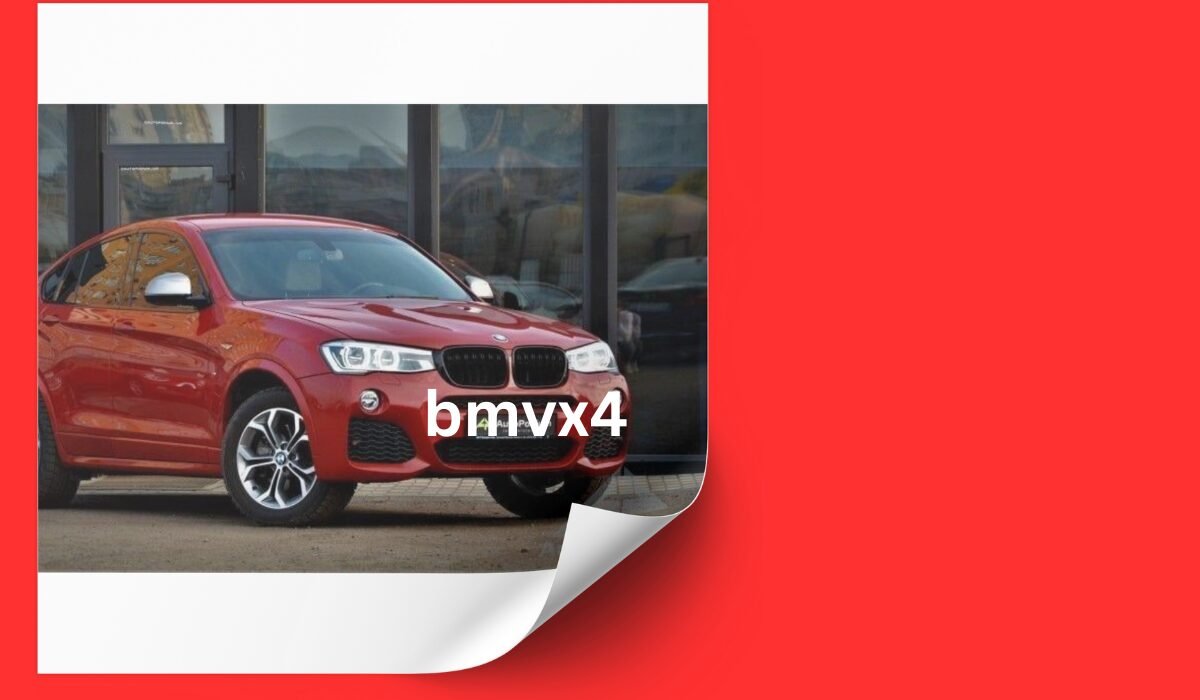When it comes to insuring your truck, the number of quotes you receive can feel overwhelming. Interpreting these correctly with various policies, premium rates, and coverage options can be tricky. Making sense of it all is essential if you want to find the best insurance policy that meets your needs and budget.
The cheapest option may seem appealing initially, but that low price could mean limited coverage or costly exclusions. But how do you ensure you’re getting the right truck insurance quotes? Let’s explore the essential steps to help you interpret them. This will allow you to choose a policy that offers both value and protection.
What Should You Look for in a Truck Insurance Quote?
When evaluating truck insurance quotes, looking beyond the bottom line is essential. In order to avoid this pitfall, break down each quote by examining the following key elements:
- Coverage Types: Does the quote offer comprehensive, third-party, or collision coverage? Ensure that the policy covers the daily risks, whether theft, weather damage, or accidents.
- Exclusions: What’s not covered by the policy? Often, policies exclude damages caused by certain events or limit coverage based on the type of cargo you’re hauling.
- Deductibles: How much will you have to pay out of pocket before the insurance kicks in? Higher deductibles often lead to lower premiums but might not be the best option if you can’t afford a hefty upfront cost.
- Limits: Every policy has a maximum limit on how much the insurance company will pay in case of a claim. Ensure that the limits offered meet the actual value of your truck or potential damages.
Decoding the Policy Details in Your Quotes
Understanding the specific terms used in insurance quotes is crucial to making an informed decision. It will ensure you understand what you are putting your money in. Below are some commonly used phrases and what they mean:
- Premium: This is the amount you’ll pay monthly or annually to keep the policy active. Focusing solely on the premium is easy, but remember that a lower premium may also mean less coverage or higher deductibles.
- Deductible: As mentioned, this is the amount you pay before your insurance covers the rest. For instance, if you have a $1,000 deductible and your truck sustains $5,000 worth of damage, you’ll pay the first $1,000. The insurance will cover the remaining $4,000.
- Liability Coverage: This covers any damage you cause to others, including medical bills or property repairs. It’s often legally required and crucial for protecting yourself from lawsuits.
- Comprehensive Coverage: This includes damages to your truck from non-collision events like theft, vandalism, or natural disasters.
- Collision Coverage: This helps pay for repairs if you’re involved in an accident, whether it’s with another vehicle or an object, like a fence or tree.
Each component directly affects the overall cost and the protection you get from the policy. Truck insurance quotes might initially seem complicated, but breaking down these elements will help you understand what you’re truly paying for.
The Importance of Comparing Multiple Quotes
One of the best ways to ensure you get a good deal is to compare multiple quotes from different providers. By evaluating a range of options, you can identify trends, spot outliers, and better understand a reasonable price for the coverage you need. Don’t hesitate to ask providers for clarification if something isn’t clear in the quote. Ask questions like:
- What specific incidents are covered by this policy?
- Are there any extra fees or hidden costs that aren’t reflected in the premium?
- Can I customise the policy to better suit my needs?
Interpreting truck insurance quotes may seem complex, but breaking them into digestible parts helps clear the confusion. A good policy is one that provides the right amount of coverage at a reasonable cost, offering peace of mind while you’re on the road. Taking the time to understand the policy will empower you to make the best decision for both your truck and your wallet.





